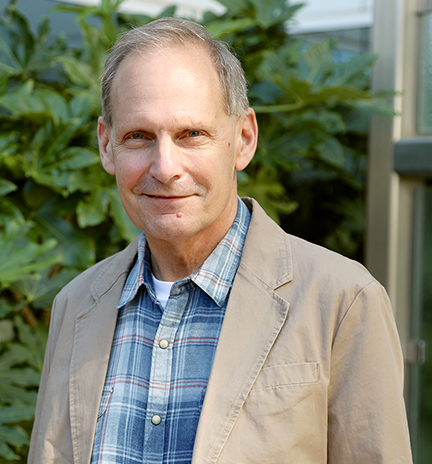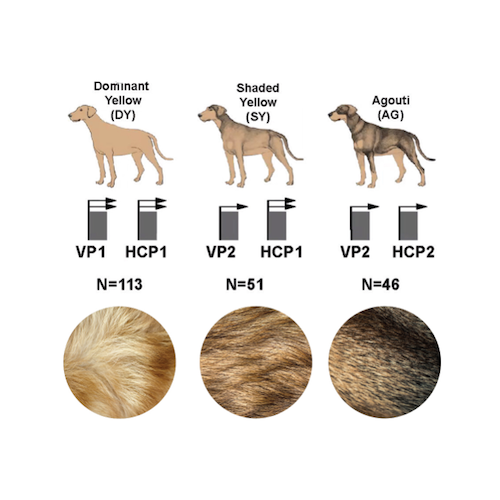Greg Barsh, MD, PhD
Greg Barsh, MD, PhD
Genetic architecture of morphologic variation

Name: Greg Barsh, MD, PhD
Email: gbarsh@hudsonalpha.org
Phone: 256-327-5266
Location: 601 Genome Way, Huntsville, AL 35806
Greg Barsh, MD, PhD, is discovering the rules of life.
“The reason to explore the natural world on Earth — and even beyond — is to uncover the basic principles for how things work,” he says. Barsh, a faculty investigator at HudsonAlpha Institute for Biotechnology, compares his research to understanding physics for space exploration. The principles of biology explain life just as the laws of physics explain how the stars move through the universe, he says.
At HudsonAlpha, Barsh explores what makes living things look different from one another. He compares individuals within the same species, like what makes two humans look different from one another — the shape of their ears, their eye color or their height, for instance. And he examines what makes individuals from different species that are closely related — like lions and jaguars — look different from one another.
Barsh earned his MD and PhD from the University of Washington in Seattle and trained in medical genetics at the University of California, San Francisco, before becoming a professor and HHMI investigator at Stanford University. His background in helping families that have inherited conditions helps motivate his efforts to discover the basic rules of biology.
“After taking care of patients with genetic disease for 20 years,” he says, “I realized some of the most important advances in science come from uncovering new rules of how cells and tissues work to produce living, breathing organisms.”
Since coming to HudsonAlpha in 2009, Barsh has had the opportunity to be part of an effort to bring genomics to medicine. His basic research helps to understand how variation in DNA sequence leads to variation in appearance, behavior, and disease.
“How biology works is foundational for understanding how to fix things when they go wrong,” he says. “I believe in the power of genetics and genomic technology to facilitate discovery at all levels, not only with disease but in basic questions about pathways and principles in biology of all animals, including humans.”
Recent News

-
- Posted by Sarah Sharman

-
- Posted by Sarah Sharman




